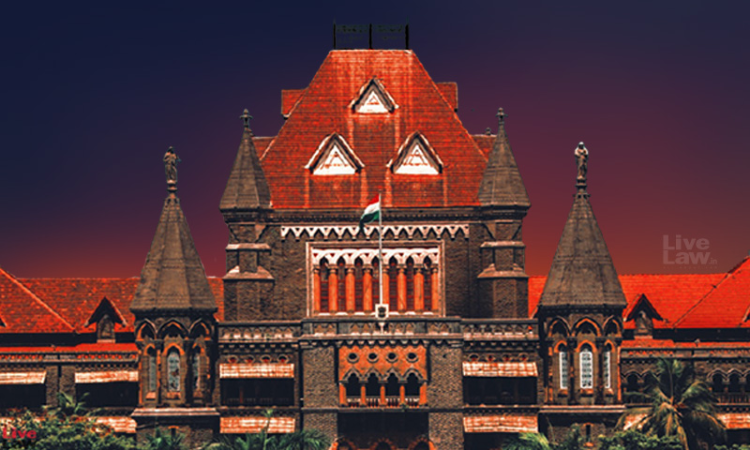Refusal Of Child's Custody To Mother On Unfounded Allegations Of Adultery Illegal: Bombay High Court
Shrutika Pandey
6 July 2021 2:06 PM IST

Next Story
6 July 2021 2:06 PM IST
The Bombay High Court has held that unfounded allegations of adultery against a woman cannot be a ground for denying her the custody of her children. It further held that allegations of adultery cannot be proved by way of an affidavit and it is important that the Trial Court allows the parties to lead full-evidence, before deciding the question of custody on that ground."This is totally...
